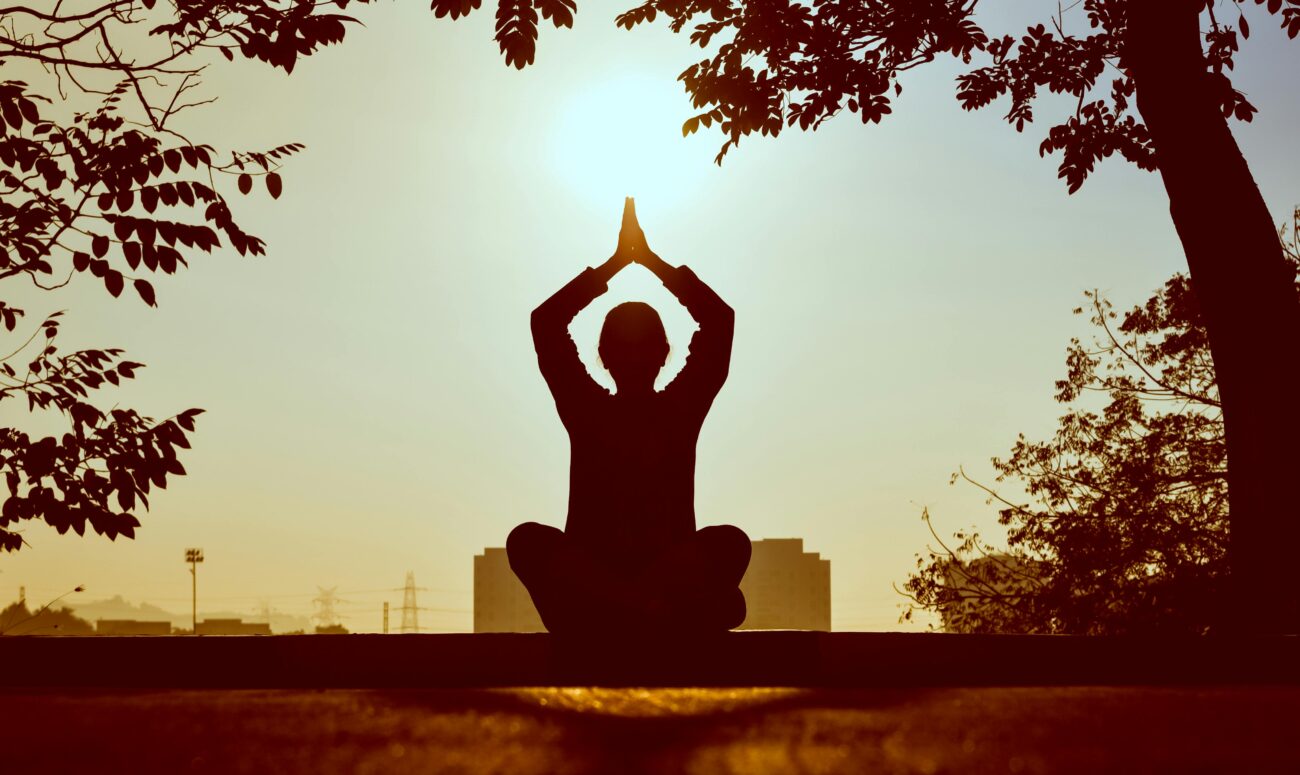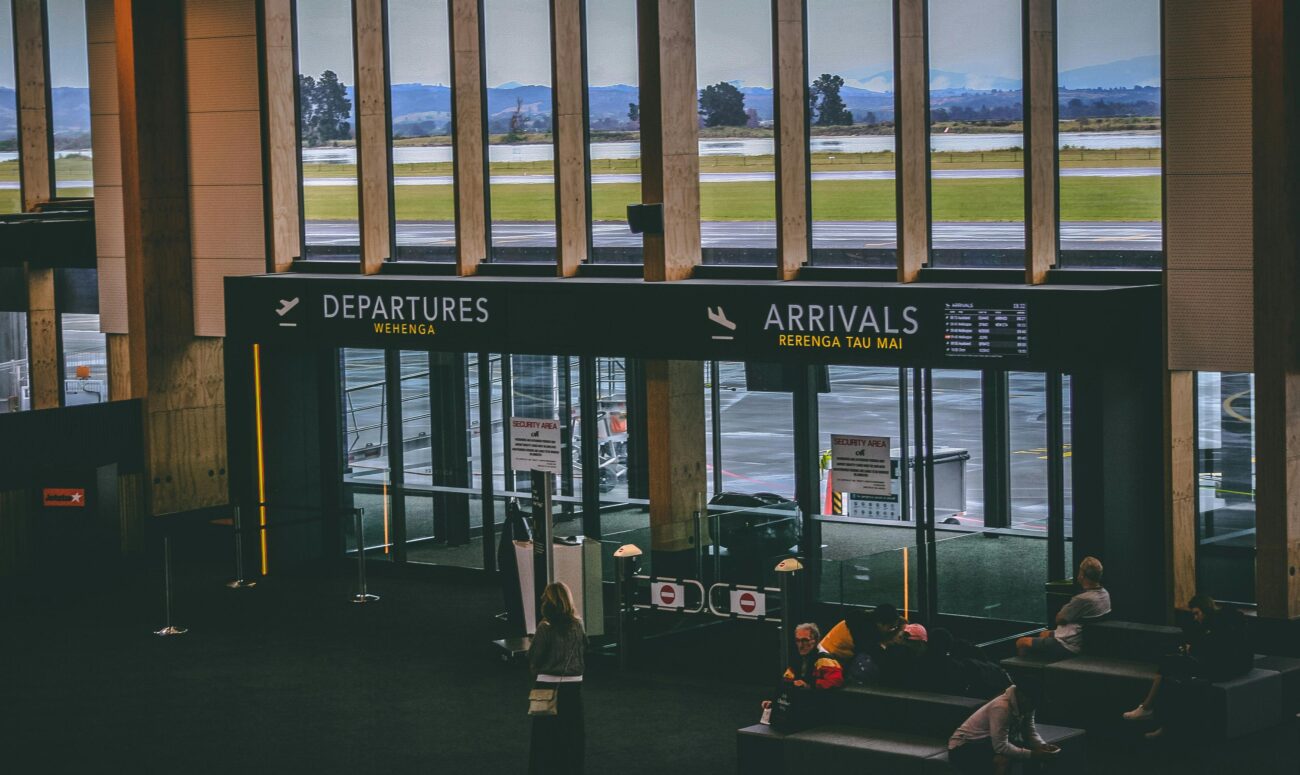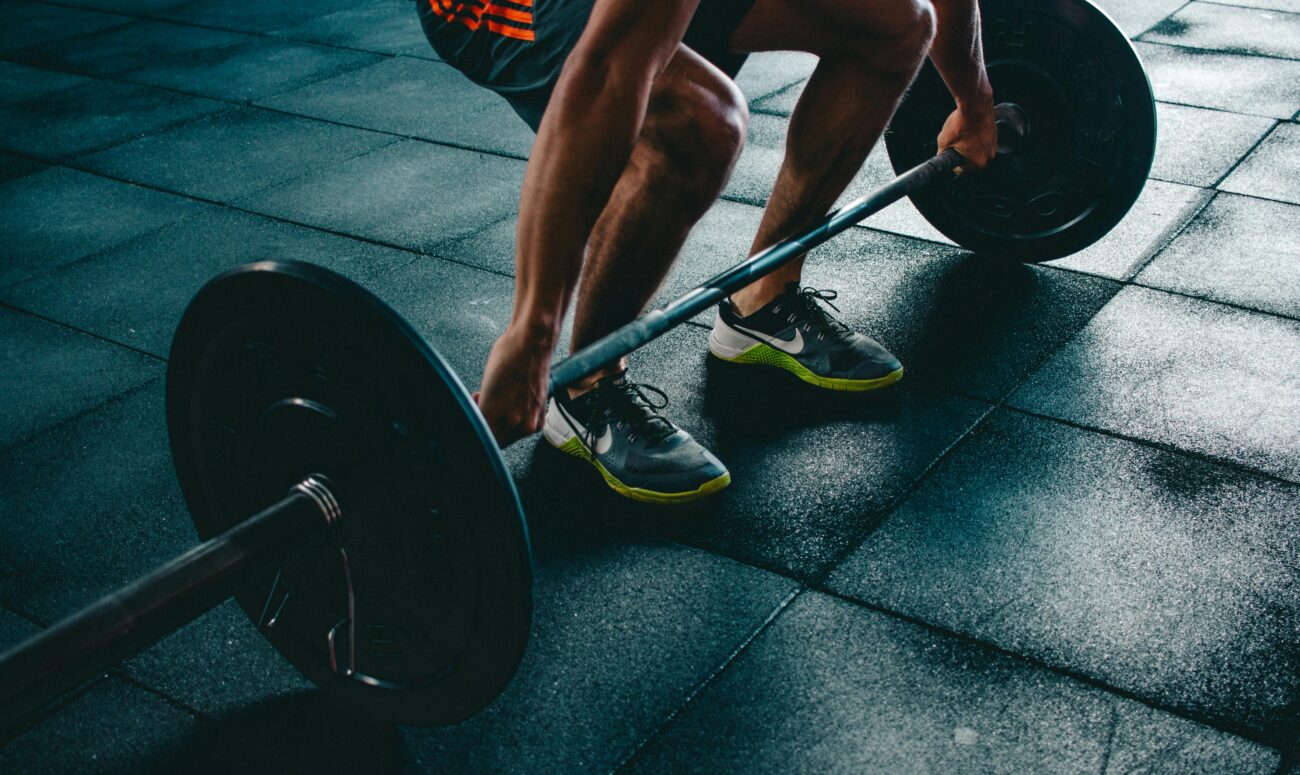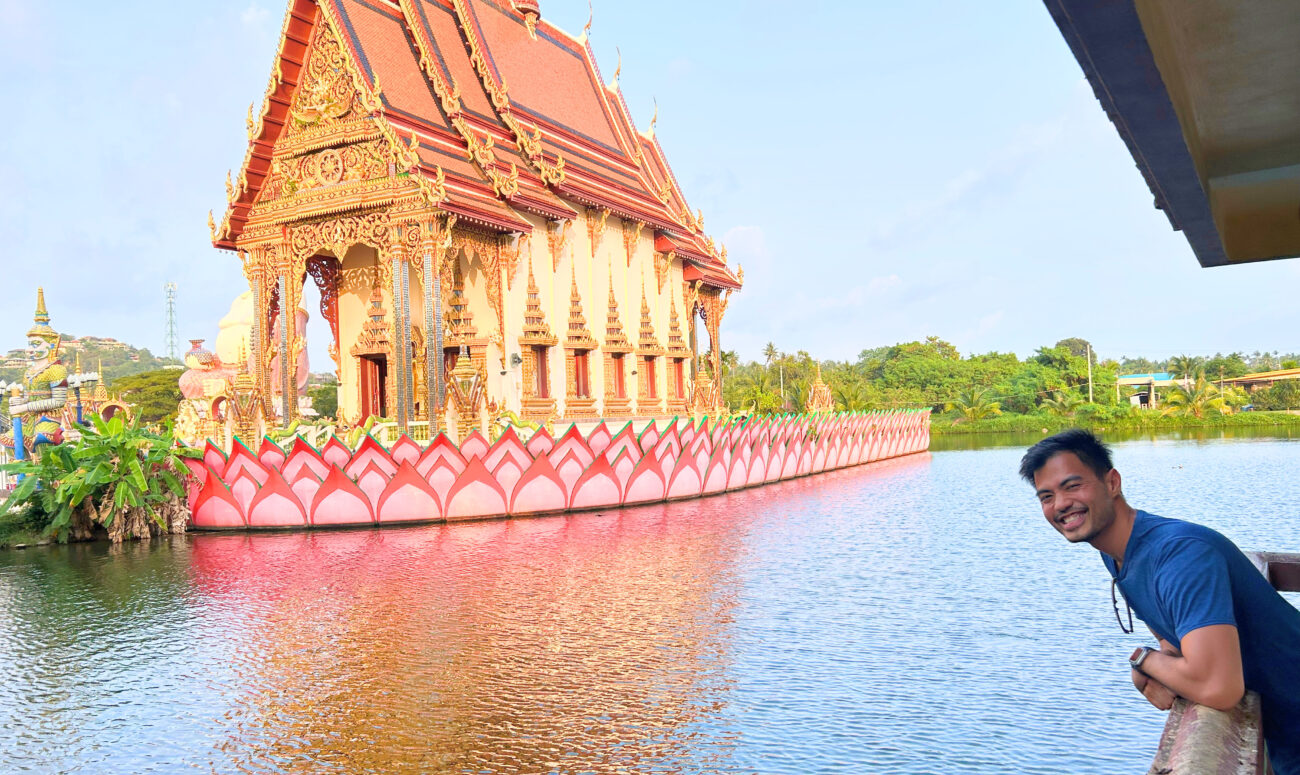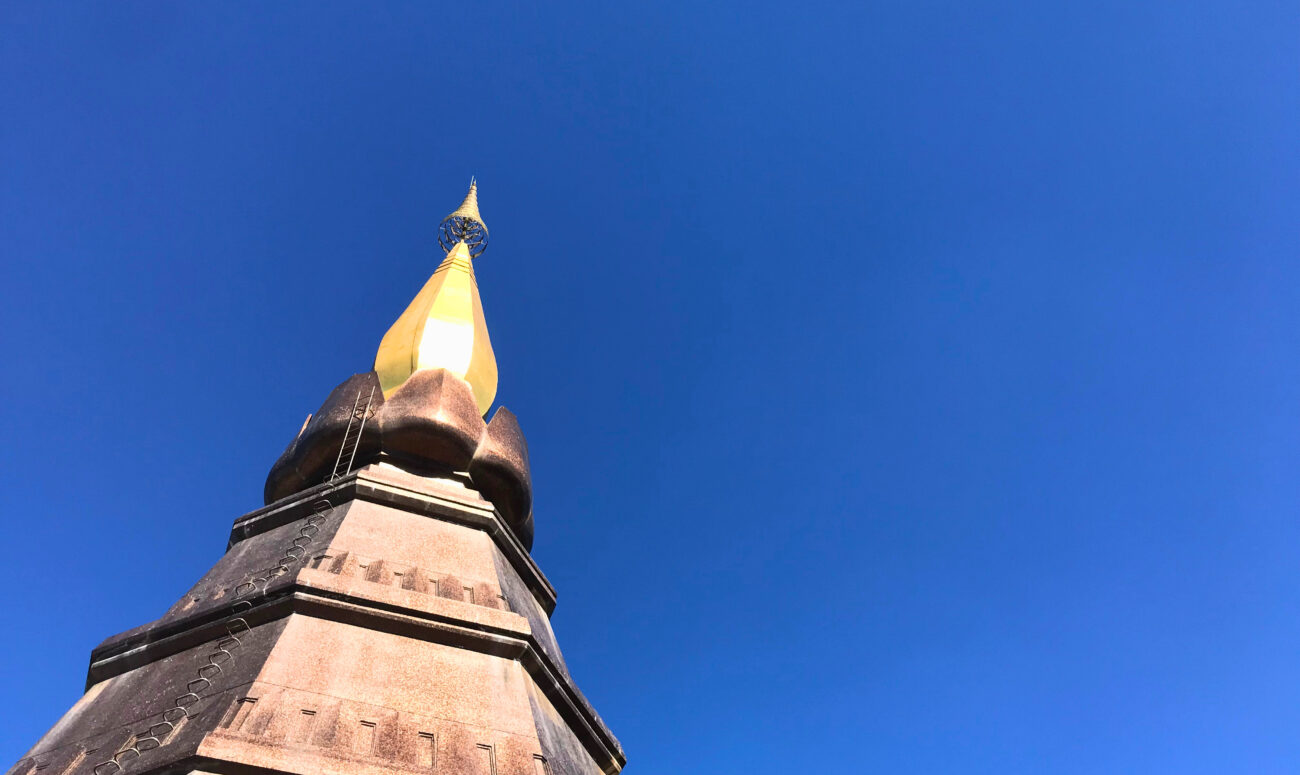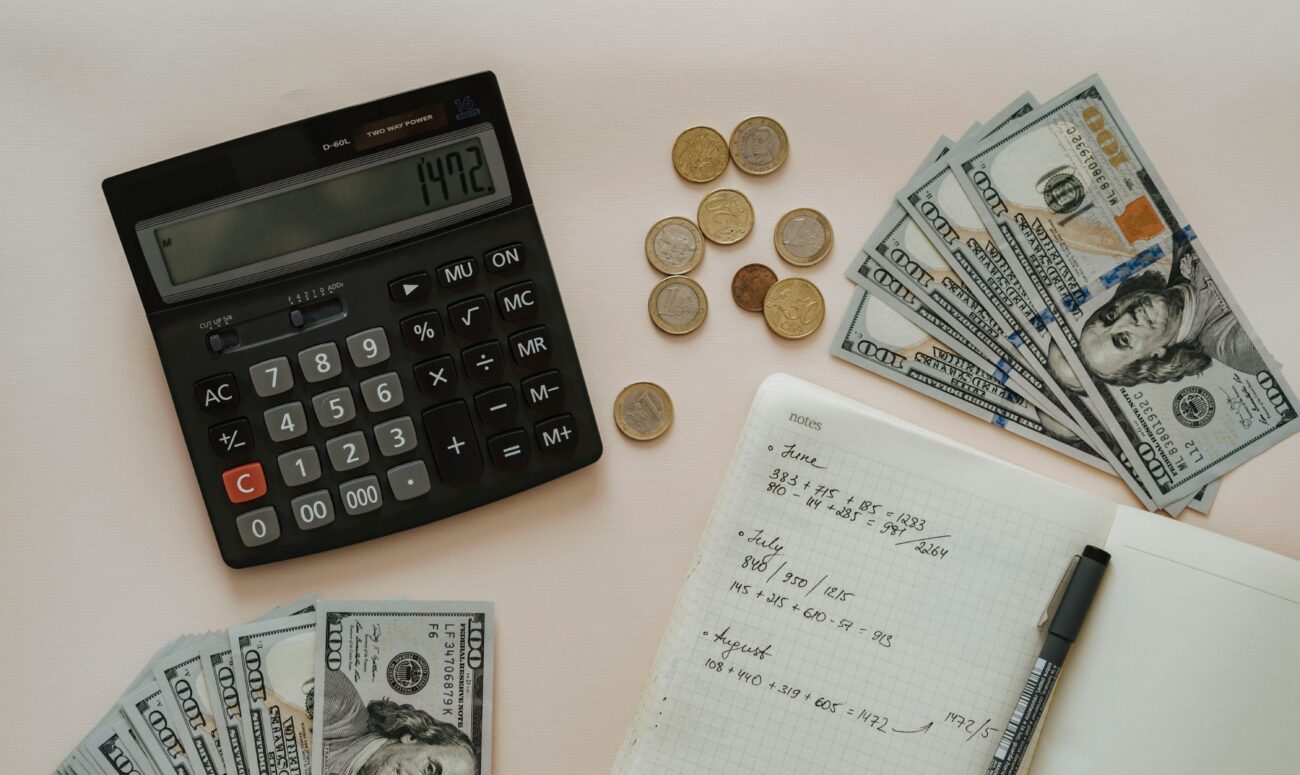My definition of happiness has changed over the years. In my 20s, I thought it was “heart beats” – the number of moments I felt alive and present. In my 30s, I felt it was work success, as well as warmth and security for my family. Now in my 40s, I agree with what Arthur Brooks talks about in Strength to Strength – that:
Happiness = Have / Want
The more I have, the happier I would be. But the more I want, the less happy I would be. What I have and what I want go well beyond material possessions. I measure what I have as:
Have = f (Connections, Purpose, Freedom, Self Love)current
Want = f (Connections, Purpose, Freedom, Self Love)potential
Connections are the depth, not breadth, of my relationships. Do I have meaningful connections with others grounded in love, truth, and compassion? Purpose is the fulfillment of how I spend my time. Do I spend my time that has a positive impact on others and on myself? Freedom is the ability to control my destiny – doing what I want when I want how I want with whom I want. Do I have the choice and resources to shape my own future? And Self Love is how well I take care of myself: physically, intellectually, emotionally, spiritually. Do I fully accept and love myself, cultivating the best version of myself?
Read more

